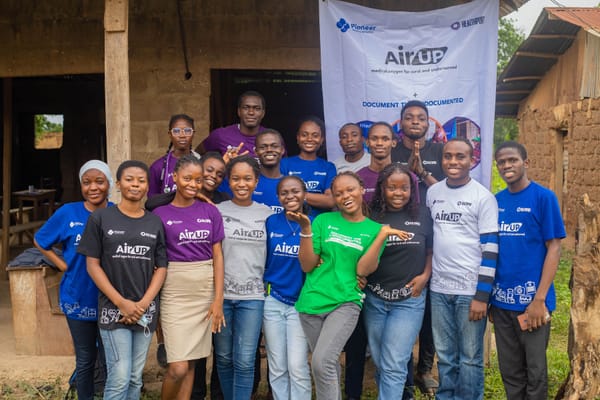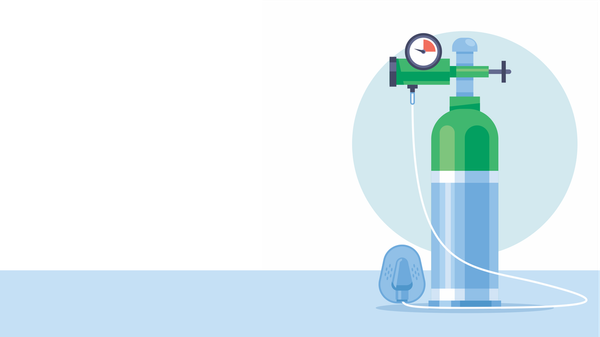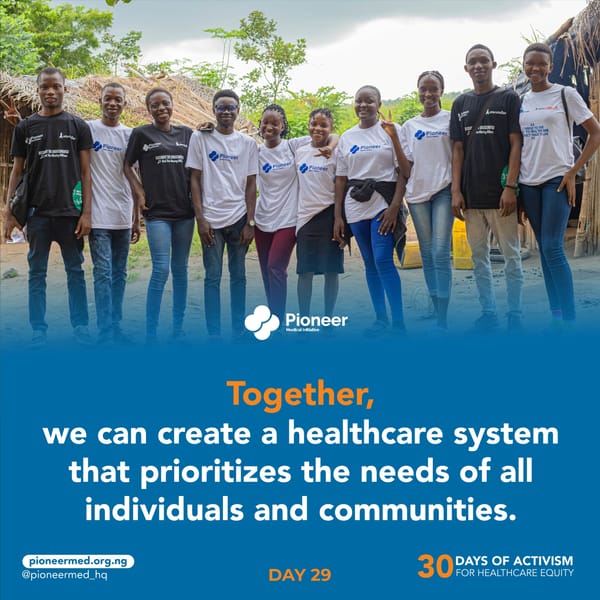Recognizing and Preventing Pneumonia Infection in North-Central Nigeria: A Guide for Nasarawa, Plateau, and Niger Residents
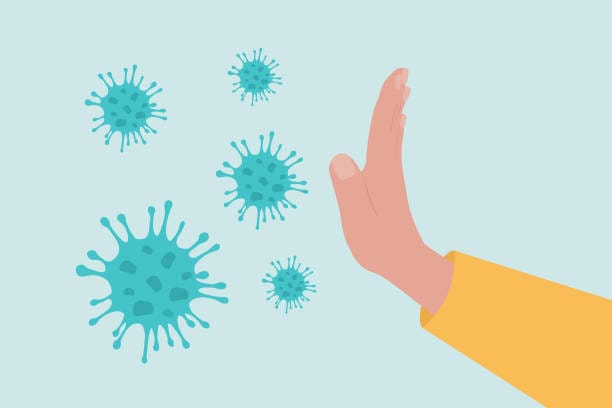
In Nasarawa, Niger, and Plateau states, the harmattan season brings dry, dusty winds that increase the risk of respiratory illnesses like pneumonia. For many communities in these regions, limited access to healthcare can make this common infection even more dangerous. This guide will help you understand pneumonia, recognize its symptoms, and access vital resources for prevention and treatment in the North-Central region.
What is Pneumonia?
Pneumonia is an infection that causes inflammation in the lungs, leading to the buildup of fluid or pus in the air sacs. This can make breathing painful and difficult. The infection can be caused by bacteria, viruses, or fungi, and it varies in severity. In North-Central Nigeria, the harmattan season often brings dry, dusty air, which can aggravate respiratory conditions and increase susceptibility to pneumonia.

Causes and Local Risk Factors
Pneumonia can develop from several causes, including:
- Bacteria (such as Streptococcus pneumoniae),
- Viruses (like influenza), and
- Fungi, particularly in people with weakened immune systems.
In Nasarawa, Plateau, and Niger states, many communities face significant barriers to accessing healthcare, particularly when it comes to timely diagnosis and treatment for pneumonia. Here are some of the most pressing disparities:
- Access to Healthcare: Limited healthcare access, particularly in remote or rural areas, can delay diagnosis and treatment.
- Lack of awareness: many people may not fully understand what pneumonia is, let alone how serious it can become. Pneumonia is often confused with common colds or simple chest infections, and it’s not widely known that it can be life-threatening if untreated.
- Sanitation and Clean Water: Challenges with clean water access can increase the likelihood of infections.
- Age and Health Conditions: Children, the elderly, and people with pre-existing conditions like asthma or chronic bronchitis are at a higher risk.
- Poverty and Financial Barriers: Economic limitations prevent many people from affording transportation to hospitals or paying for necessary medications and treatments.
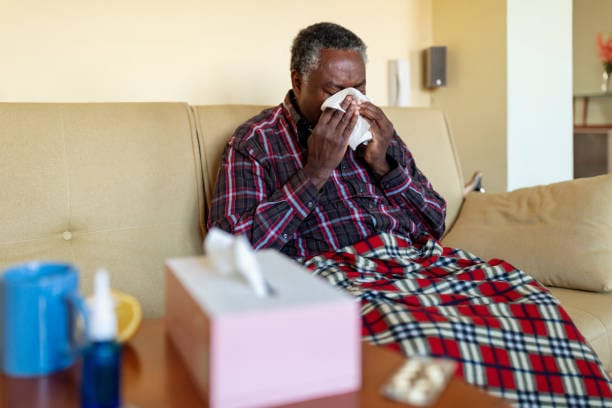
Recognizing Pneumonia Symptoms
Pneumonia symptoms can vary but often include:
- Persistent cough, sometimes producing mucus,
- Fever and chills,
- Shortness of breath,
- Chest pain, especially when breathing or coughing.
- Fatigue
During harmattan, many respiratory symptoms are common, but it’s essential to recognize when symptoms may indicate pneumonia. Seek medical attention if you or a loved one experiences difficulty breathing, high fever, or persistent chest pain.
Treatment Options and Availability
Pneumonia treatment depends on the cause and severity of the infection. Common treatments include:
- Antibiotics for bacterial pneumonia,
- Antiviral medications for viral pneumonia,
- Hospitalization may be needed for severe cases, especially if oxygen support is necessary.
Residents in Nasarawa, Plateau, and Niger should visit their nearest clinic or hospital if they suspect pneumonia. Many public hospitals provide financial assistance or subsidized care. Following the full course of prescribed medication is crucial to recovery.
Preventive Measures and Vaccination in North-Central States
Preventing pneumonia is especially important in North-Central Nigeria due to environmental risks:
- Good Hygiene: Regular hand washing and avoiding close contact with people who are sick can reduce the risk.
- Vaccinations: Vaccines for pneumonia-causing bacteria (Streptococcus pneumoniae) and seasonal influenza are recommended, especially for high-risk groups. Public health facilities in Lafia, Jos, and Minna often offer these vaccines; it’s best to check availability in advance.
- Reducing Dust Exposure: During harmattan, wearing a face mask can help minimize dust inhalation. Staying indoors during peak dust periods can also help reduce respiratory strain.
Treating pneumonia
Your treatment will depend on the type of pneumonia you have, how severe it is, and your general health.
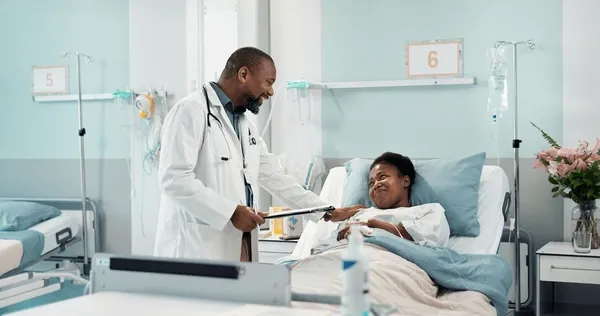
Prescription medications
Your doctor may prescribe a medication to help treat your pneumonia. What you’re prescribed will depend on the specific cause of your pneumonia.
Oral antibiotics can treat most cases of bacterial pneumonia. Always take your entire course of antibiotics, even if you begin to feel better. Not doing so can prevent the infection from clearing, and it may be harder to treat in the future.
Antibiotic medications don’t work on viruses. In some cases, your doctor may prescribe an antiviral. However, many cases of viral pneumonia clear on their own with at-home care.
Antifungal medications are used to treat fungal pneumonia. You may have to take this medication for several weeks to clear the infection.
Impact on Vulnerable Groups in Nasarawa, Plateau, and Niger
Certain groups are more vulnerable to pneumonia, including:
- Young children and the elderly, who may have weaker immune responses,
- People with pre-existing respiratory conditions, such as asthma or bronchitis,
- Those with limited healthcare access, which is common in rural areas across these states.
Protecting these groups through preventive measures, timely vaccinations, and early medical intervention is vital to reduce pneumonia’s impact.
Challenges and Complications
Complications from pneumonia can include lung abscesses, respiratory failure, and sepsis, especially if treatment is delayed. In rural areas, challenges like limited transportation options and fewer nearby healthcare facilities can delay care, increasing the risk of severe complications.
Knowing the location of the nearest hospital or clinic in advance and arranging emergency transport options can be life-saving for remote residents.
Conclusion and Local Resources
Pneumonia is a serious but preventable illness. Being informed about symptoms, prevention, and local healthcare resources is key to protecting yourself and your loved ones. Residents of Nasarawa, Plateau, and Niger are encouraged to utilise local health resources, including Primary healthcare centres, vaccination clinics and regional hospitals, and to seek timely treatment if pneumonia is suspected.
At Pioneer medical Initiative, we’re committed to primary healthcare services to low-income earners in rural and underserved communities.
If you, a friend, family member needs help, we would like to hear from you.

Reach out us on our website, Instagram, and Twitter. Let’s work together to keep our communities healthy and resilient.
Further Reading
Healthline: Pneumonia Overview

